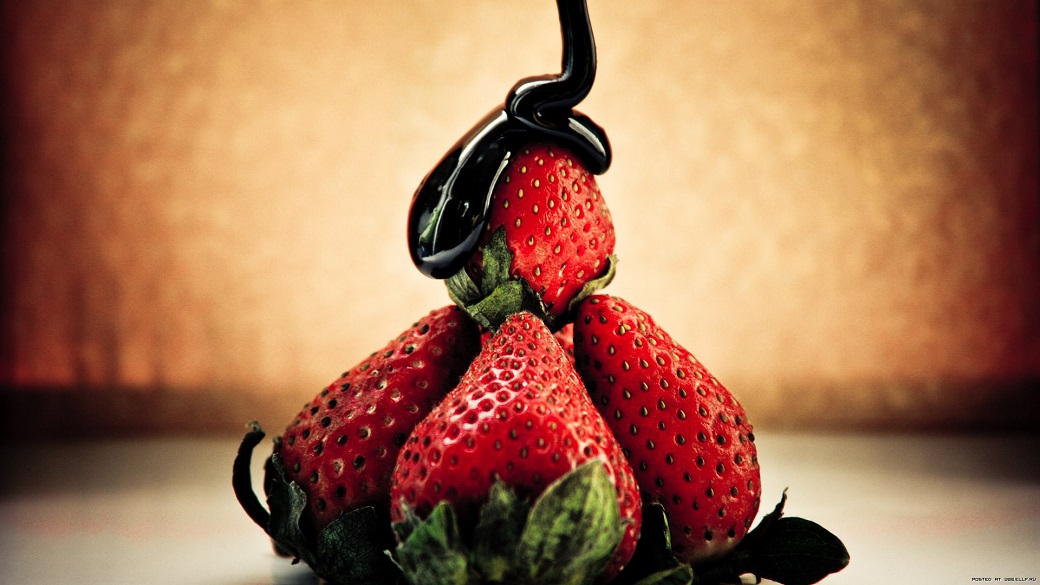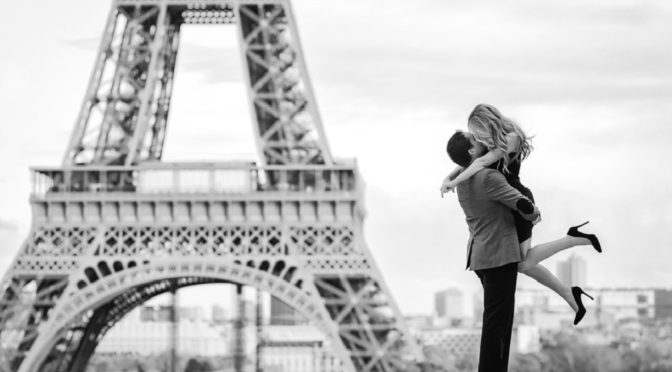by David Cain at Raptitude
There was a fascinating piece in The New Yorker recently about a man who, in the 1960s, bought a motel just so he could spy on his guests. He had always been captivated by other people’s private moments, by how differently they behave when they think they’re alone. He admits he also wanted to see them have sex.
The article is fascinating for many reasons (check it out here). But perhaps the owner’s most interesting discovery was that human beings are quite typically miserable on vacation.
Alain de Botton has written about this phenomenon: that our vacations never actually resemble the week of bliss and relaxation we expect them to be. In his short documentary The Art of Travel, he describes the hilarious—and all-too-familiar—way in which his long-awaited Mediterranean cruise unfolds as a parade of mild disappointments, even though there was nothing particularly wrong with any of it.
Getting what we want, or think we want—in those brief moments when we actually do—always seems to be more complicated and fraught than what we pictured.
But maybe getting what we want isn’t really what we want in life.
Whenever someone suggests it, I always want to go out for dinner. The thought of it makes me high. There are consequences, however, to going out to eat every time I have the impulse—potentially serious, long-term ones, both financial and subcutaneous. But dining out is such an ever-exciting proposition that it seems worth making those tradeoffs on a regular basis.
When I think about it, this sense of delight I expect is never actually present throughout the whole meal. On this occasion it is interrupted by complications the moment my friend and I arrive at the restaurant.
The host seats us and says our server will be right with us, which, as the minutes pass, begins to seem untrue. Do I need to get up and ask someone? No, I should wait. Our future server is probably busy, dreading that shoe-drop moment in which an impatient customer politely nags her while she’s working as quickly as she can.
I have no problem waiting five or ten minutes for menus, or even longer. I’m not desperate to eat, I’m desperate to be free of the existential limbo of not knowing whether we’ve been completely overlooked. Human needs are strange—I could fast for twelve hours with little discomfort, yet sometimes it’s amazingly difficult to bear a tiny uncertainty for a minute or two, even about embarrassingly petty things like whether your hired food-servant knows you exist.
Moments later I am released from my private purgatory and we are handed menus. My friend and I order, then we chat about Game of Thrones and far-off wildfires, and we promise each other we will go camping at least once this summer.
Twenty-five hundred years earlier, a much smarter 35-year-old man is sitting under a bodhi tree in India, figuring out why my restaurant experience can’t be remotely as pure and satisfying as the thought of it was. He wants to understand why human life is so hard, even when you’re doing something luxurious and indulgent, such as living in a palace, or paying people to make food for you and refill your water before you have to ask.
This man is working on a bold new theory: that getting what you want leads to the same problems as not getting what you want. His two previous careers—first as a prince who got everything he wanted, and then an ascetic monk who denied himself everything he wanted—demonstrated to him that our level of happiness is directly tied to our endless, tissue-box-like supply of cravings and desires, but has little to do with whether or not those wants are fulfilled.
Instead, he believes it’s how we want that matters. Our well-being hinges on whether we grasp at our desires, doing anything to relieve the feeling, or whether we can instead coolly recognize our desires as they really are: little bubbles of impulse that perpetually form in our awareness, tickle us for a bit, then float away.
Simply getting better at acquiring the things we want does little good. We suffer whether we get the thing or not. If we don’t get it, we suffer the loss. If we do get it, we still suffer because we know we will lose it.
Some part of us naturally suspects this anyway. Evidently, I knew it even when I was an eleven-year old kid, riding home from a department store in our family van after spending a summer’s worth of savings on a Nintendo game. Even in that exact moment, in which the one thing I wanted in life was in a shopping bag on my lap, I became gripped by the fear that we’d all get killed in a car accident on the way home, which would prevent me from playing it. Please, Dad, just make it to the driveway.
I knew it when I was fourteen, in love with amazing new song, and having just bought the album. Every glorious listen came with a faint streak of dread, because I knew I was only sucking the magic out of it with each play.
My chili with bannock is so damn good. This is why I come here. We ought to do this more often, I say to my friend, or maybe just think it. Very quickly, however, I see the end approaching. The chili is disappearing, and I have too much bannock now. I wish I had eaten it more slowly. Next time I’ll do it right. “We should come here more often,” I say again, aloud this time.
But then I see a way out. “The desserts here are great,” I say, pretty sure that that’s true. And before the dessert even arrives, I know that when it’s gone I’ll be ordering a coffee, and by then, the need for more chili will be ancient history. I am satisfied with my plan.
The man under the bodhi tree would have laughed at this plan—to repeatedly redirect my unresolved neediness to something else just over the horizon—even though it’s a pretty standard life strategy.
I’ve read some of his books, or at least books about his books. I even sit on the floor like he says, working with desire a bit every day, which helps me occasionally remember that it’s possible to want something without suffering over whether you get it.
There’s nothing necessarily wrong with deciding to go and get what you want. I will always like dining out, even if it’s never the unmitigated stretch of joy I envision when the decision is made.
But it would help us to remember that what we really want isn’t the thing itself. What we want is the experience of ease and unfettered enjoyment that is promised, falsely, by the thought of acquiring the thing—the restaurant meal, the cruise, the raise, the loving relationship—even though everything comes with its own pains and complications and regrets.
The ease itself we can find much more readily by understanding our wants rather than scrambling to relieve them. We live in a society that’s constantly, cynically, promising that ease and relief through the getting of a particular thing, showing us pictures of it whenever possible, showing us how affordable it is. I constantly forget that it’s the ease, the unfettered mind, that I really want. And the restaurant doesn’t serve that.
But I would like a coffee, if it’s not too much trouble.


